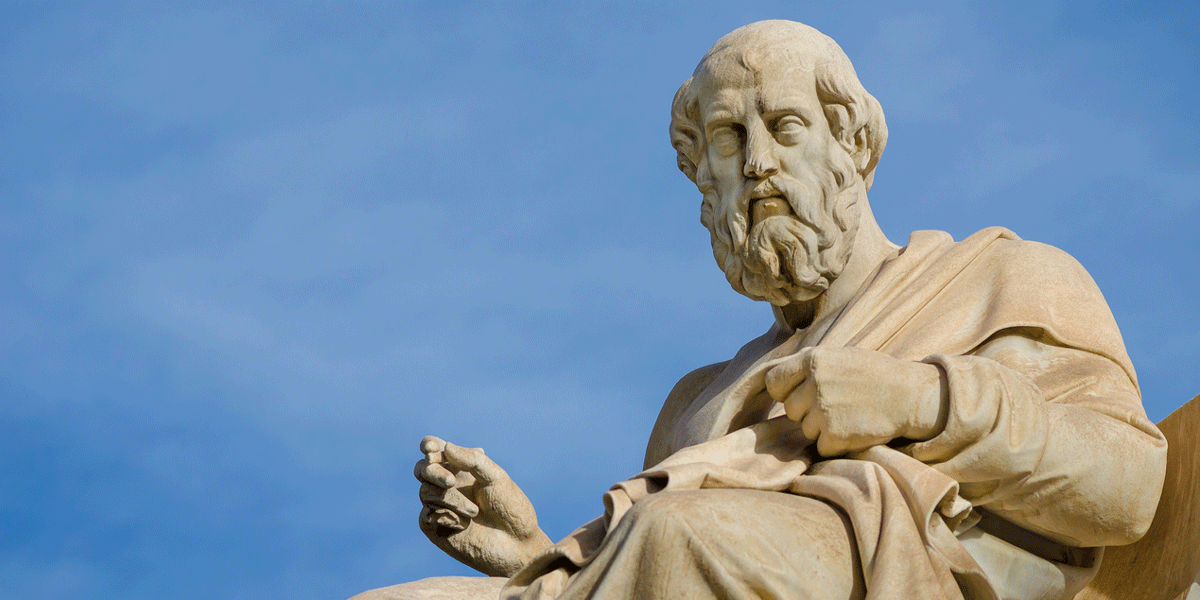I’m a big believer in “the Platonic Ideal,” the idea that young people should be educated in the mind, body, and spirit…until it goes too far. Here is what I mean: I appreciate that students at Colorado Academy get a wonderful academic education, emphasizing critical thinking, collaboration, and problem solving. The fact that this education is complemented by a robust opportunity to explore the arts and athletics is also exactly what I want for every student. I think where we can unintentionally go astray is when we expect perfection (or close to it) from young people across the board in ALL of these areas.
The research is clear: across the country, in independent schools and in public schools, large numbers of children are being diagnosed with anxiety disorders. When asked to self-report, more middle, upper, and even lower school, students share that they are anxious, their level of anxiety is impeding their ability to focus and achieve, and the anxiety negatively impacts how they feel about themselves. Certainly, we can point a finger at a wide variety of possible causes. The College Board, parent pressure, school expectations, over-specialization at a young age, competitive sports, technology, screens, social media, and the list goes on. For the purposes of this article, I’d like to add a finger pointing at our good friend, Plato, but only when we add the expectation that children be good at everything.
Unintended consequences
There may be a few people who actually are good at almost everything. I suppose there must be some, out of the seven billion people on the planet, but this is definitely the exception to the rule. Too often, though, we make it the rule for young people, not recognizing that the expectation is burdensome and may actually be part of what keeps them from finding what they are truly good at and want to pursue.
The vast majority of us (billions of us) have areas of strength and areas of weakness. We aren’t equally good at everything we do. That’s not the way our brains are wired or our bodies are built. When we expect young people to get A’s in every subject, rather than try their best, we put an unrealistic burden on them, a burden that can lead to some unfortunate and unintended consequences.
Explore, explore, explore
For many kids, the expectation that they should be great at something truly is the enemy of good, particularly for anxious kids or kids who have high expectations of themselves. Too many young people hesitate at the edge of the water when they try something new, rather than jump in. The expectation to be great is too daunting, so they would prefer to sit by the pool, instead of discover whether they like to swim. This is a shame. How many kids have not found their passion, because to do so, they would have to try a bunch of activities that they are only pretty good at and lukewarm about?
This is how the misinterpretation of Plato gets in the way of true exploration. We want, no, need, kids to try lots of different things and have permission to be just OK (or worse) at them. We need to have faith that exploration will discover the two or three things that a child is truly passionate about. This passion will then lead to practice, and practice to achievement.
A final thought
While we as parents and teachers do a brilliant job of showing kids how important it is to work hard, try their best, and be successful, there may be equal merit to spending time teaching our kids that we, too, are not perfect, and that we struggle sometimes, fail sometimes, and have learned to compensate gracefully in those areas that we don’t quite match up to the Platonic Ideal.
